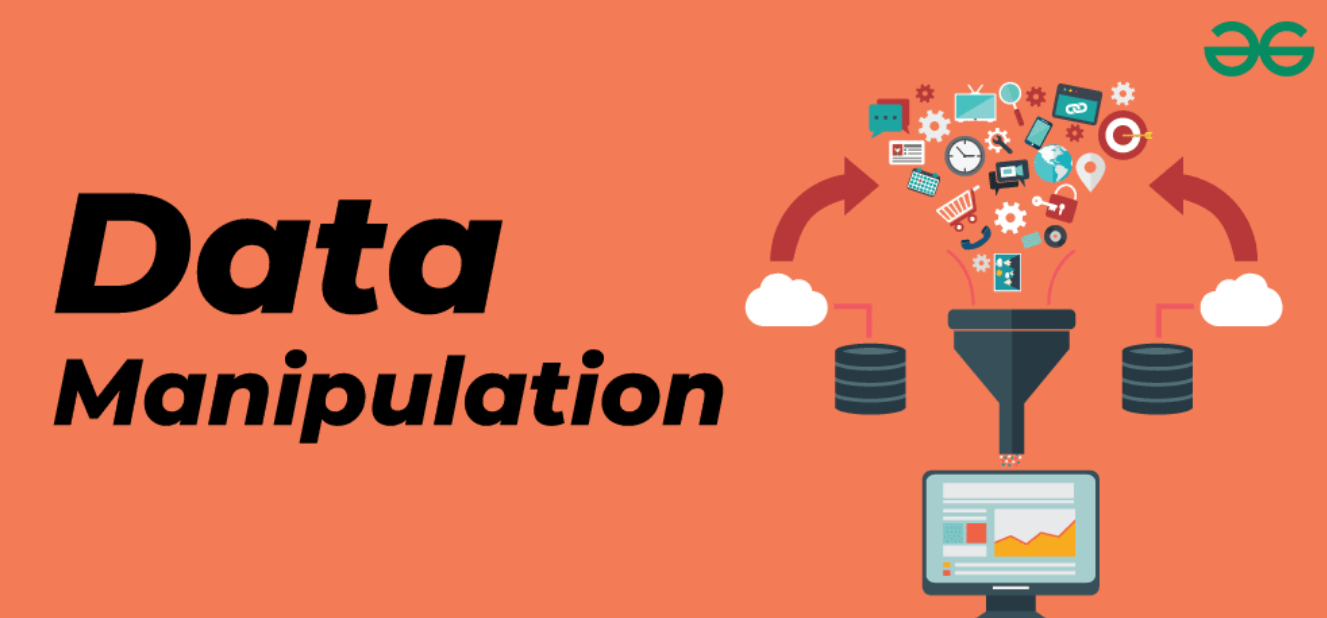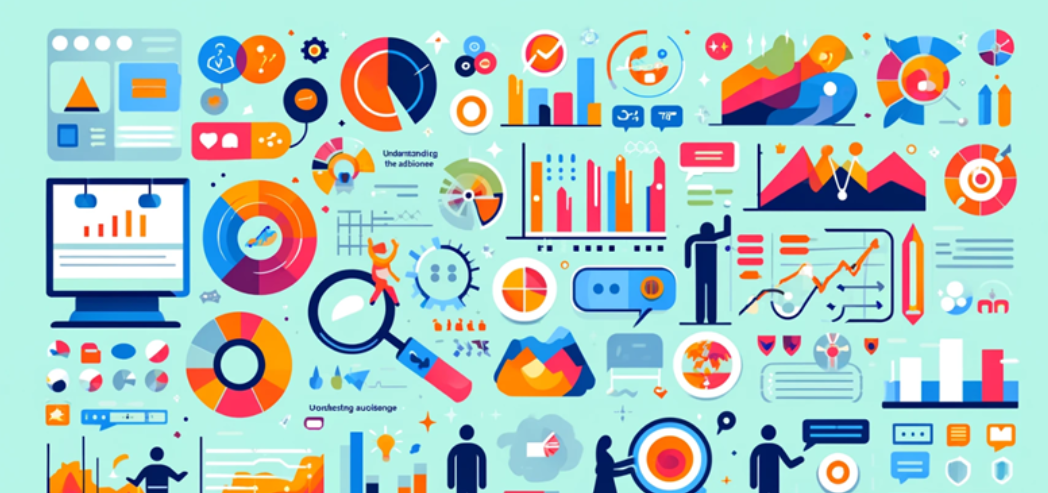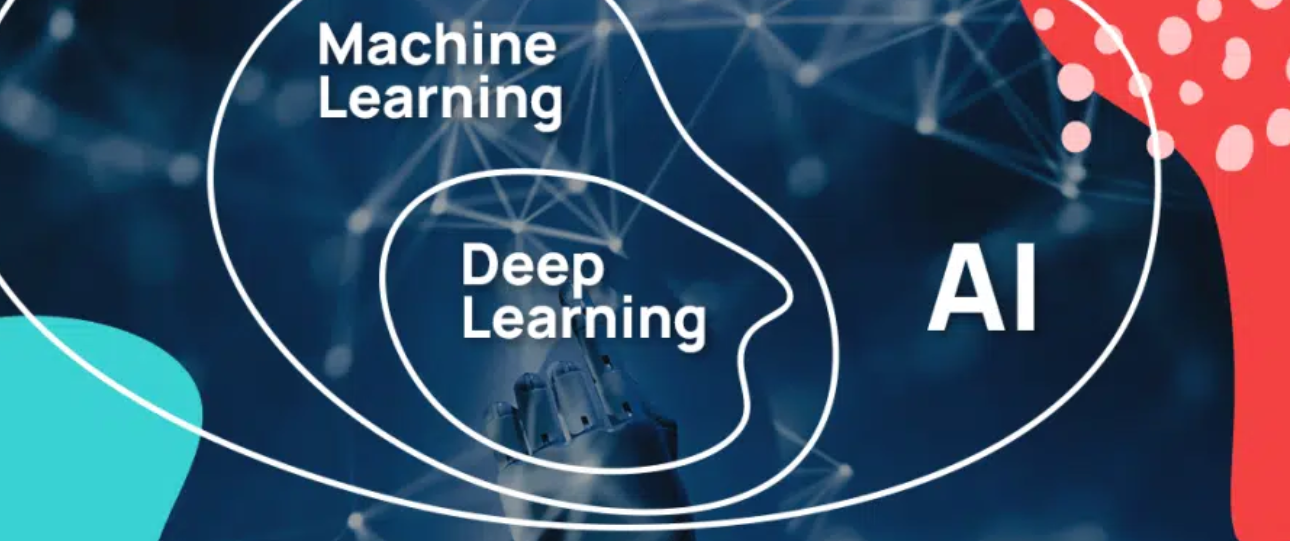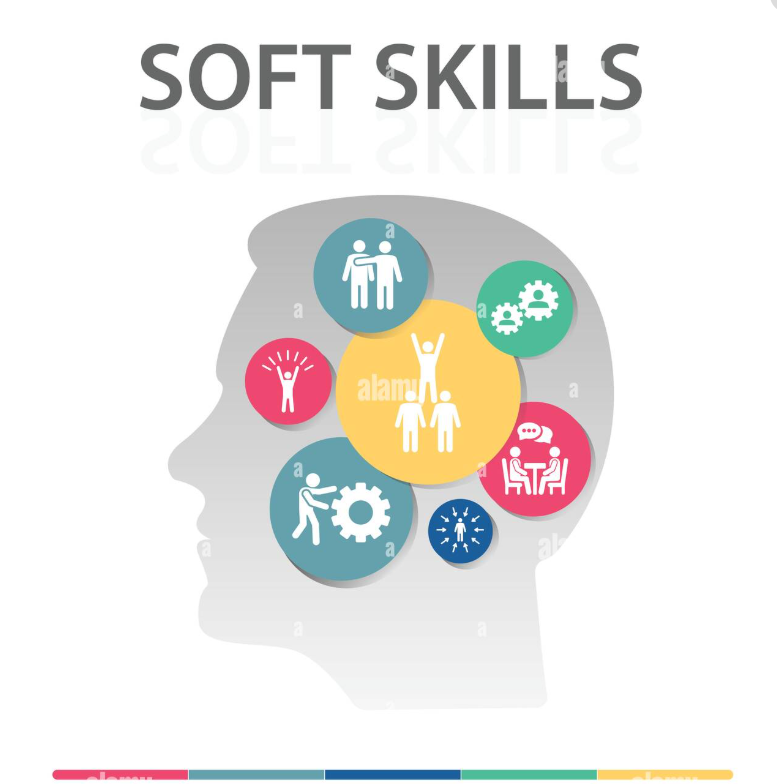1. Programming Skills
Data Scientists must be proficient in programming languages such as:
- Python: The most popular programming language for data science, used for its simplicity and a wide range of libraries (e.g., Pandas, NumPy, Matplotlib, Scikit-learn)
- R: Another popular language, particularly for statistical analysis and data visualization.
- SQL: Crucial for querying and managing databases. SQL is used to extract and manipulate data stored in relational databases.
- Other Languages: Java, Scala, and Julia are used in specific data science tasks, especially for big data.






